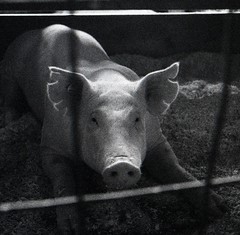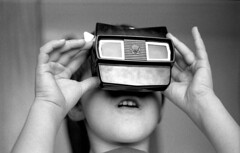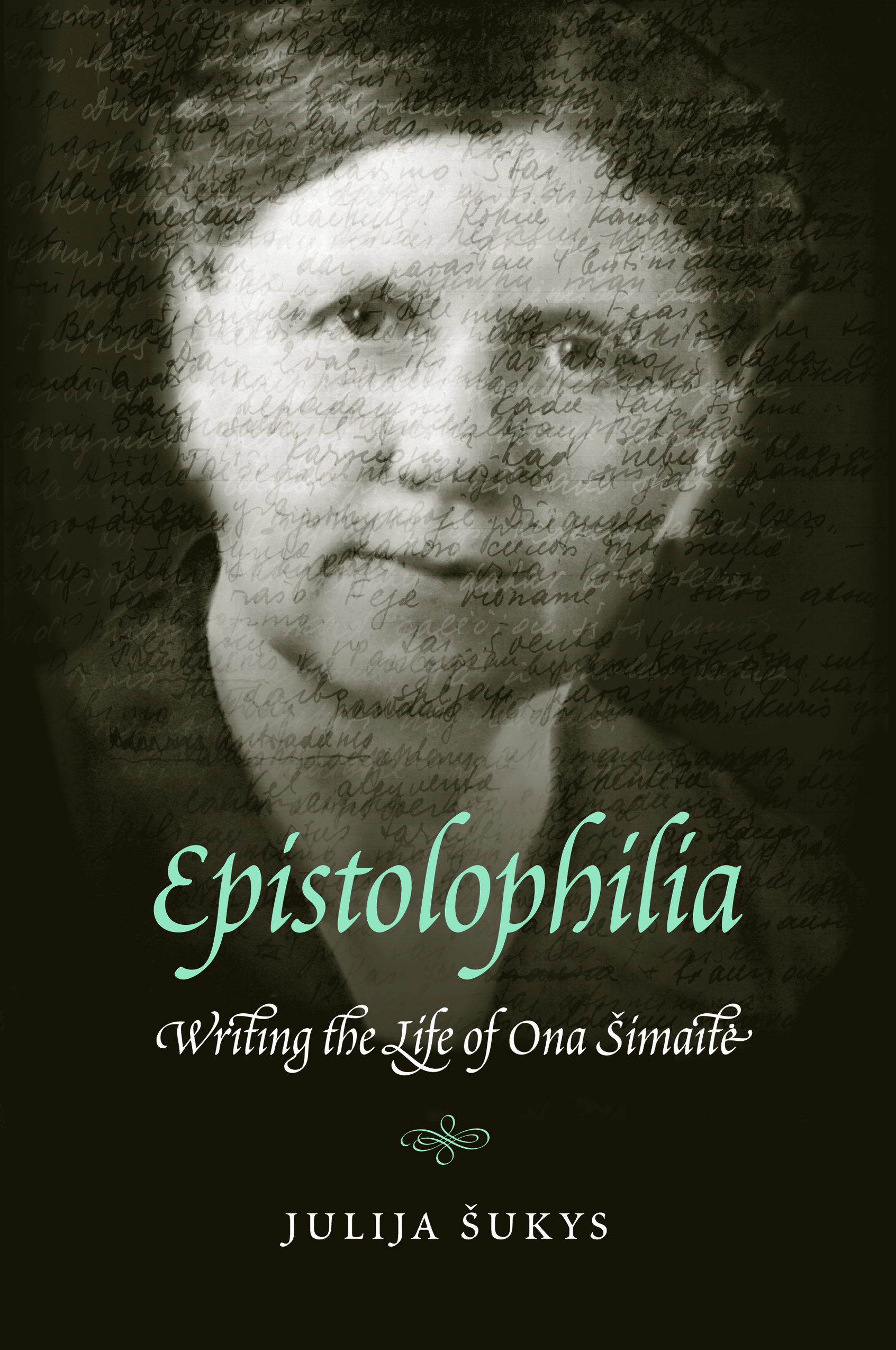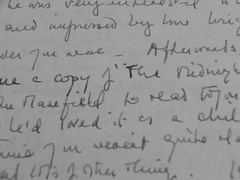My work is starting to come back to me now, and it’s time for a sort of reckoning. Specifically, it’s time to take editorial suggestions into account and to do some rewriting.
Even though I’ve been through the editorial process many, many times, this moment can still be tricky, emotionally speaking.
You work on a text until you think it’s perfect; you send it out. One day it returns, and there are parts of it flagged as needing improvement. Some of it, your editor tells you, is just not in the right order, and requires major structural work. It may seem as though the thing has been ripped to shreds. Your baby and your ego are bruised and battered.
Often, a writer’s first instinct to get angry and defensive.
Don’t.
When you receive an edit that elicits a fiery emotional response, the best thing to do is to put it away for a while. Write your editor a friendly note thanking her for her attention and work, and tell her that you need some time to sit with her suggestions.
Then do so.
Put the text in a drawer, and don’t go back to it until you’re ready to work through it rationally. Chances are, most edits will seem far less invasive on second reading. Many will flag obvious flaws or errors, and you’ll wonder how you didn’t see them in the first place. This is normal (at least for me). You’ll also see suggestions that you won’t ultimately accept, and that’s OK too, as long as you’re not knee-jerk about it.
As for me, I’m currently trying to practice what I preach. Recently I received a copy edit of my book and, to my dismay, discovered that my editor didn’t understand a key point in the text. I could choose to believe that this means she’s a bad reader and possibly not very smart. Or, I could take this as a sign that there’s something in my text that needs fixing. I’m going with the latter interpretation: chances are, if my editor has misunderstood, she won’t be the only one. A minor change at the beginning of the chapter in question should remedy that.
Second, I just got an essay back that I had sent off with a sort of elation. Occasionally it happens that I write something and think: Yeah, this is so good! It’s perfect as it is. Except almost inevitably it’s not, as the editorial notes to my essay have revealed. The piece needs restructuring and rewriting.
A very small piece of me is sad and slightly humiliated, but the much bigger, much more experienced me knows that this is part of the process, and that this is the only way my essay will get as good as I thought it already was.
So what did I do with those notes? I wrote the editors a friendly email thanking them for their suggestions, and let them know that I would have to sit with them for a while. I’ve put them in a drawer for now, and will return to them next week.
Be brave, be bold, but be humble too.
We’re all still learning. And (I suspect) always will be.
[Photo: tjdewey]






